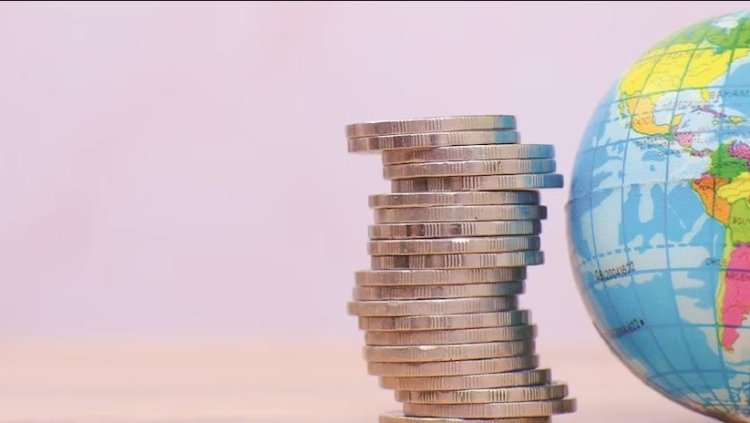Dubai: India needs to continue its momentum and advocacy efforts at the UN COP28 here towards global climate action and seek more commitments and finances from developed countries, UNDP India climate chief has said.
The UN climate talks in Dubai opened with a bang with countries clinching an early deal on how to compensate developing and vulnerable countries that bear the brunt of the climate crisis despite contributing very little to it.
The agreement on the operationalisation of the Loss and Damage Fund on the first day of COP28 set the stage for more ambitious decisions over the next 12 days.
In an interview with PTI, Dr Ashish Chaturvedi, Head, Action for Climate and Environment at the United Nations Development Programme (UNDP) India, lauded India's positive intent, highlighting the nation's commitment to continue contributing to global adaptation efforts.
"The Loss and Damage fund stands as a victory for India to a certain extent as well. We've played an important role in pushing for more focus towards adaptation efforts," he said.
Dr Chaturvedi stressed the need for further advocacy on loss and damage, stating, "I think we need more push going forward on the loss and damage. Where is the loss and damage facility going to be located? Does it have to be in the global north? Can it be in the global south?" That's something which is really interesting because that has many implications also for how the fund will operate, he said.
"India would need to continue its momentum and advocacy efforts in COP28 and seek more commitments and finances from developed countries," he said.
Addressing UNDP's national and state-level efforts, Dr. Chaturvedi stated, "We work on adaptation at the national level on policy, working closely with the Ministry of Environment, Forest and Climate Change on India's adaptation communication." At the state level, UNDP collaborates with state governments on updating and strengthening their climate change action plans.
Dr. Chaturvedi highlighted their focus on key sectors, stating, "States have focused a lot on climate adaptation in the water sector, in agriculture, and on the links between Disaster Risk Reduction and adaptation." Discussing on-ground implementation, Dr. Chaturvedi cited the example of UNDP's "SECURE Himalaya" project in the high-altitude Himalayan regions, supported by the Global Environment Facility.
"We work with local communities to enhance their resilience, focusing on new and alternative livelihood options for mountain-dwelling communities," he explained.
Delving further into specific projects, Dr. Chaturvedi highlighted a transformative initiative in Bihar the Bihar Rural Livelihood Mission (BRLM) supported by Japan.
"We've installed 25 solar cold storages for women cooperatives across 15 districts, addressing post-harvest losses for perishable goods like Litchi. This has led to a significant increase in incomes and also empowered women to become financially independent. So far, we've benefitted over 5,000 women farmers, and now plan to upscale this initiative in Bihar as well as other states across the country" he said.
He underscored India's positive contributions and leadership in both adaptation projects and broader climate negotiations, setting the stage for crucial deliberations during the latter stages of the conference.
The global climate talks here have seen participation from over 100,000 people from 198 countries. PTI UZM NSA AKJ (This story was produced as part of the 2023 Climate Change Media Partnership, a journalism fellowship organized by Internews' Earth Journalism Network and the Stanley Center for Peace and Security.



